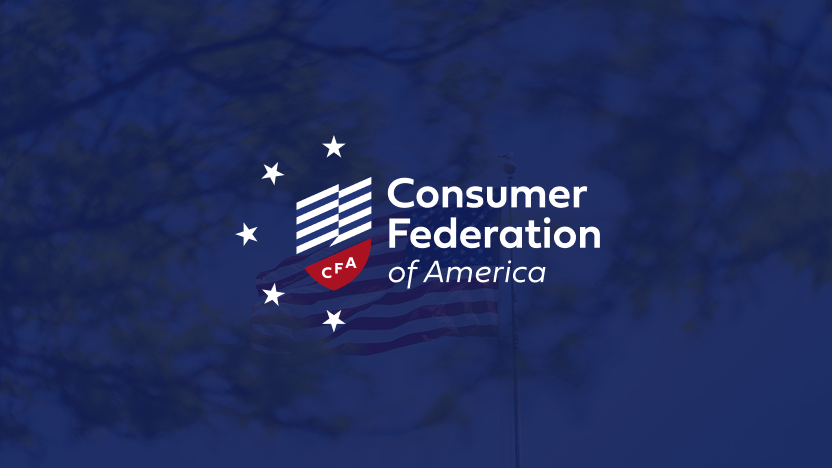CFA's Susan Grant testifies before House Energy and Commerce subcommittee on Do-Not-Track Legislation

On behalf of Consumer Federation of America, an association of nearly 300 nonprofit consumer organizations in the United States that was established in 1968 to advance the consumer interest through research, advocacy, and education, I am pleased to submit testimony on this important question: is now the right time for “do‐not‐track” legislation. The answer, simply put, is Yes.
As a recent Wall Street Journal investigative series so clearly detailed, consumers are being tracked on the Internet wherever they go, whatever they do, without their knowledge and consent. Information about their online activities – what they search for, what they click on, what they purchase, what they share with others – is compiled, analyzed, and used to profile them. Sometimes information that is gathered about them offline is added to create even richer profiles. This “behavioral tracking” is primarily used for marketing purposes at this point, but it can also be used to make assumptions about people in connection with employment, housing, insurance, and financial services; for purposes of lawsuits against individuals; and for government surveillance. There are no limits to what types of information can be collected, how long it can be retained, with whom it can be shared, or how it can be used. As the Wall Street Journal characterized it in the beginning of its series, “one of the fastest‐ growing businesses on the Internet is the business of spying on consumers.”
Our Subject Matter Experts

Erin Witte
Director of Consumer Protection

Mark Cooper
Senior Fellow

Ben Winters
Director of AI and Data Privacy
Testimonies & Comments

Consumer Groups Oppose Addition of Segway Language Until Hearing on Safety Issues

CFA Opposes McConnell Medical Malpractice Amendment

Letter to President Bush on HHS Study of Medical Malpractice Insurance Rates
